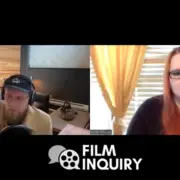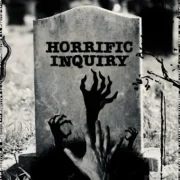EVEREST: A Promising Climb With A Disappointing Descent
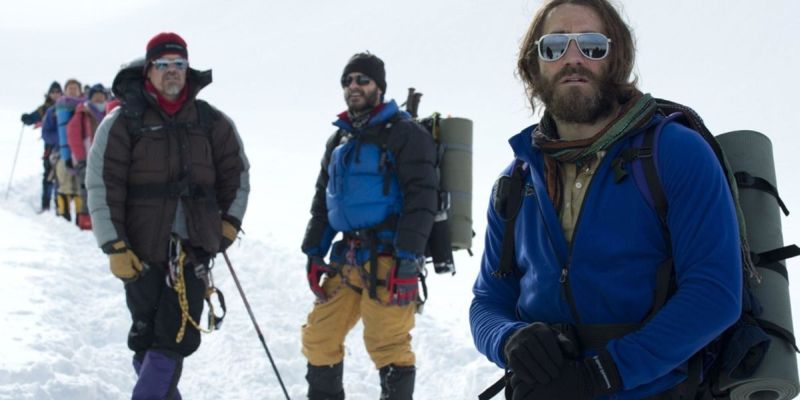
I love film, more than people probably, and I will…
A few years ago, I heard about two films going in to production, both on the subject of Mount Everest. The biopic of Mallory fell by the wayside and is still languishing in pre-production. However, the other soared, for about a moment. Christian Bale was set to play Rob Hall in director Baltasar Kormákur’s real life Everest drama, but when he dropped out, Kormákur rethought the entire film.
With Jason Clarke replacing Bale, Kormákur turned his film into an ensemble piece. Based as it is on the true story of the 1996 Everest tragedy, there were plenty of stories on which Everest could be built and indeed Kormákur pulled from a number of books and sources, even incorporating writer Jon Krakauer’s book and the man himself into the film. With all this in play I had high hopes for Everest, but in the end Kormákur served up something that was severely lacking.
Good Foundations, Bad Direction
As previously mentioned, Kormákur drew on a number of literary sources in the creation of Everest, and secured capable hands in the writing of the script. Both William Nicholson and Simon Beaufoy are talented screenwriters, to say the least. But while the film begins promisingly, it is does not keep its hold on the story.
From the start we, as the audience, are educated in who these characters/people were, and why this Everest expedition was so important to them. The narrative starts slowly but builds very well. Rob Hall is an interesting man and in this film he is a well drawn character, one which Jason Clarke plays well. There is attention to detail in many aspects. Hall even picks up litter at Everest basecamp; his concern for the mountain and the people he is taking up there is abundantly clear and altogether heart-warming.
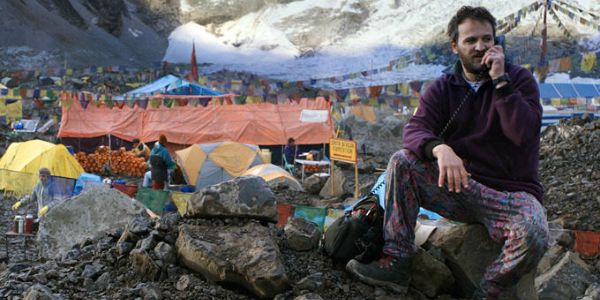
But as the team’s final ascent on Everest begins and the storm draws, the film quickly loses track of who is where, what they are doing, and who is truly in danger. We, the audience, have no way of knowing what is going on. People climb Everest every day, right? What should we be worried about? As characters and stories become fractured and time is badly defined, the lack of tension on screen is evident. Is someone going to die? Is someone already dead? Then, while we’re still waiting for the heroic moment when someone, anyone, is saved, the film ends abruptly.
It’s my belief that the fault here does not lie with Nicholson and Beaufoy’s script but with Kormákur’s direction. The right scenes occur in the right places, and while there is information lacking, I feel that what is really missing here is tension. The storm begins without any real build up, and when it feels like the threat is still far off people begin to die, without any real threat seemingly conveyed. It’s a real shame, because this is a real story based on the lives of real people and to deal with them so clinically and without empathy makes this film a great disappointment.
These Great People
What elevates Everest above Kormákur’s mislaid directing skill is the sterling cast. Everybody fills out their own person/character. Though many of the actors are playing roles barely seen on screen (Sam Worthington for example, has a very small role), paradoxically it feels as though they give much more of themselves than we would otherwise see, were they shouldering the film. John Hawkes is warm and vulnerable as Doug, Josh Brolin is dark and brash as Beck Weathers, and Michael Kelly is strangely guarded and mysterious as writer Jon Krakauer.
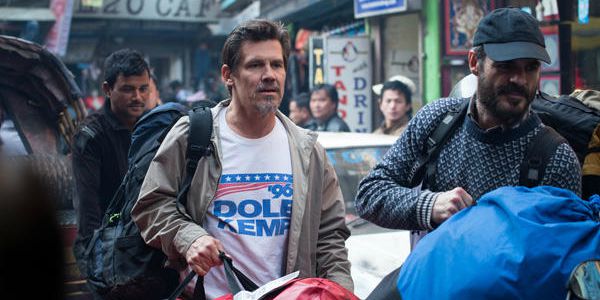
What, perhaps, makes the performances of these actors quite unique is that for many of them this is the first time they are playing real people. We have seen a great deal of these actors take on very strong, sometimes strange or unlikely characters. But very rarely do we get to see them play ‘normal people’. Because of this very fact, their performances are a great breathe of fresh air, and in their evident respect for the people they are playing they try very hard to get it right. So, if nothing, I would say that while the film as a whole underwhelms, their portrayals do not.
By choosing to make Everest an ensemble piece and by casting the roles so well, Kormákur made a wise decision, as each real life person is given proper deference. But because he did not focus on their dramatic performances and guide the cinematography to highlight these moments, the whole cast does feel slightly underused. It is lucky for Kormákur that the actors gave more to the film than he did. But that is, perhaps, too harsh. Everest could not have been an easy film to make, and it may have been difficult for Kormákur to get the performances he required. Difficult, but not impossible; Jake Gyllenhaal is a sterling actor but Kormákur’s misguided attempt to tell Scott Fischer’s story was disappointing to say the least.
Conclusion
Everest had so much potential. The script was almost there, and the casting was sensational but (pardon the expression), something about it feels very cold. You never really grow to understand or sympathise with these people. They feel as remote from us as if we had just read about them in a book or newspaper article.
This would usually be the part of the review where I would berate a film for specific things, but the special effects were pretty great and I can’t fault the actors or the choice in casting. Even technical points about climbing were spelled out efficiently for the audience. But in underestimating how much the average film audience would know about the conditions of Mount Everest and its impact on the human body, and from Kormákur’s ineptitude in directing real drama and tension, the work of all these years has amounted to not much. I, for one, am disappointed that the story of the people who died in this disaster was not told better.
Have you seen Everest? What did you think?
Everest is currently on release in both the UK & US. For your country’s release date check here.
(top image source: Universal Studios)
Does content like this matter to you?
Become a Member and support film journalism. Unlock access to all of Film Inquiry`s great articles. Join a community of like-minded readers who are passionate about cinema - get access to our private members Network, give back to independent filmmakers, and more.
I love film, more than people probably, and I will watch pretty much anything. Seriously, anything! I have a postgraduate education in film & have spent an exceptionally long time trying to get inside the film industry. I'm a big believer in treating every film the same, and bringing something new to the film theory table, giving reasons for every argument made. You'll find that I'm an empathetic and fun sort of reviewer, at least, I like to think so. If I'm not watching films I'm doing exceptionally nerdy stuff, like watching documentaries about the history of medicine and collecting photos of old post boxes.







